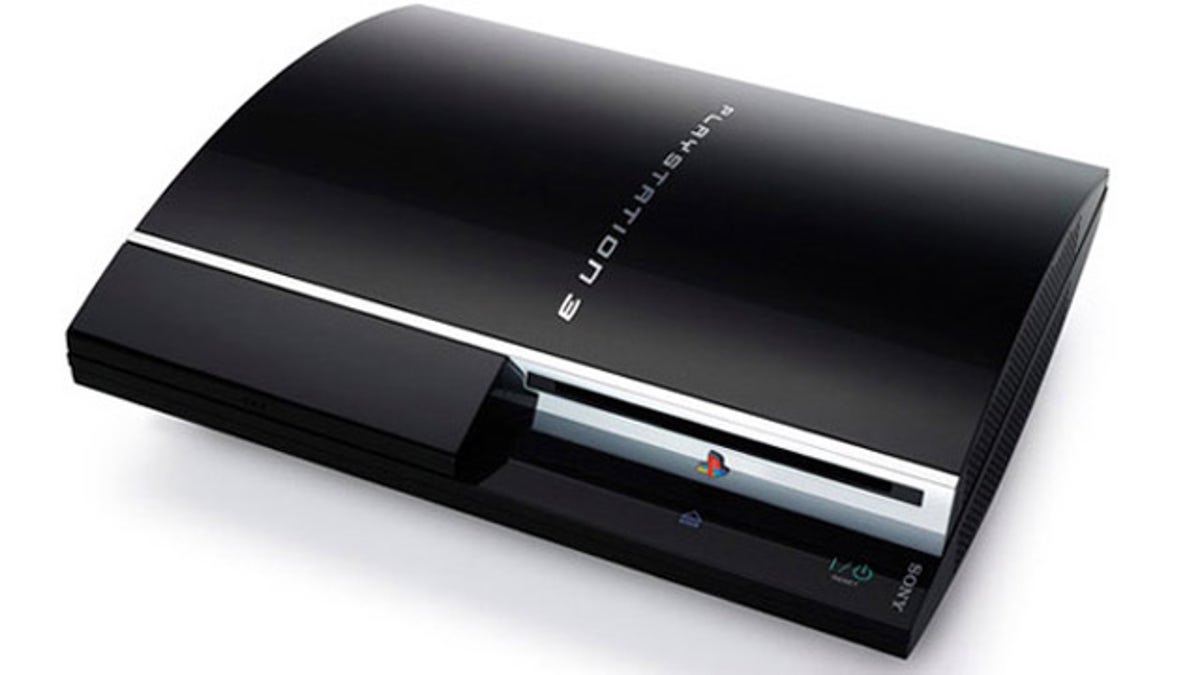
(Sony)
Will the PS3 and the Xbox soon join the Atari 2600 and Colecovision?
There were once high hopes for video game consoles like the PlayStation 3, Xbox 360, and Wii: They could be not only advanced, dedicated game playing machines but also disc players, movie rental stores, music centers, and communications consoles -- so-called entertainment hubs.
But recently, it's begun to look as if the video game console's days are numbered.
And the beginning of the end was the iPhone.
The combination of technologies like motion and touch sensitivity in Apple's smartphone, as well as cheap, plentiful apps, meant it was easy to offer simple, addictive games that could be played while you waited to board a plane or cooled your heels in the doctor's office.
Console makers dismissed this trend as appealing only to "casual gamers," people who didn't want to invest the time or money to spend 3 hours hunched in front of their TVs playing Call of Duty.
The trouble was that all that casual gaming was siphoning eyeballs away from console games. In other words, consoles were losing their core audience to touch-screen phones on planes, trains, and automobiles.
It was cheaper for game makers to create titles for smartphones than consoles, too. A single traditional video game such as God of War might cost millions and take years to make; an iPhone game could be made for tens of thousands and be written in weeks, according to SGN, the makers of iBowl and F.A.S.T.
In the future, even hardcore games may leapfrog the consoles. Onlive, which already rents games like Fear 3 online to computer users, is planning to offer the same subscription-based service for tablets such as the iPad and models based on Google's Android software -- it may even build its service into some new TVs. Monthly subscriptions start at $9.99 and many gamers seem happy to dispense with the discs, just as they've abandoned CDs. The console itself could be next.
If this trend sounds familiar, it should.
Consoles have already been wounded by streaming services such as Netflix and Pandora. Sony's PlayStation and Microsoft's Xbox were trying to expand their appeal by offering on-demand (meaning pay-per-play) movies and videos. But why pay $4.99 per movie from Sony when you can get thousands from Netflix for just $7.99 a month?
Netflix now accounts for nearly a third of all download Internet traffic in the U.S., according to researchers at Sandvine That's traffic Sony, Microsoft and Nintendo dearly wish they had.
Of course, the big video game boxes and their corporate backers still have some big technological sticks to wield, but so far that hasn't mattered. Sony has PlayStation Home, for example, an immersive, online 3D environment that makes Second Life look downright paleolithic, but the company didn't leverage it quickly enough.
Meanwhile, the PlayStation's 3D capabilities have been hamstrung by the lack of 3D Blu-ray titles and the high price of 3D TVs, which failed to entice buyers.
Also slow to react to changing trends is Microsoft. Its Kinect adapter for the XBox 360 is a true game changer, the fastest selling consumer electronics device ever, according to Guinness World Records. But at the E3 gaming show earlier this month, Microsoft failed to follow up.
Its don't-let-Google-have-it, $8.5-billion purchase of Skype may change that, of course.
Nintendo did reveal a new video game console at E3, but it may be too little, too late. The new Wii U includes a controller with a 6.2-inch touch screen that seems to be aping the iPad. But the company isn't expected to introduce it until next spring. By that time many may wonder, why buy a new game machine with a touch screen when I already have a fully-fledged tablet sitting on my coffee table?
Tablets and smartphones also have the distinct advantage of being portable. Of course, Nintendo has the 3D-capable 3DS and Sony is coming out with a new handheld gamer called Vita by the holidays. Certainly there's room for some dedicated portable game devices, but consider what's happened to camcorders, cameras, and MP3 players: many of us just use our smartphones to do it all now.
So is this the last hurrah video game consoles? Only time and technology will tell. In the meantime, I'll go back to playing Angry Birds.
Follow John R. Quain on Twitter @jqontech or find more tech coverage at J-Q.com.








































